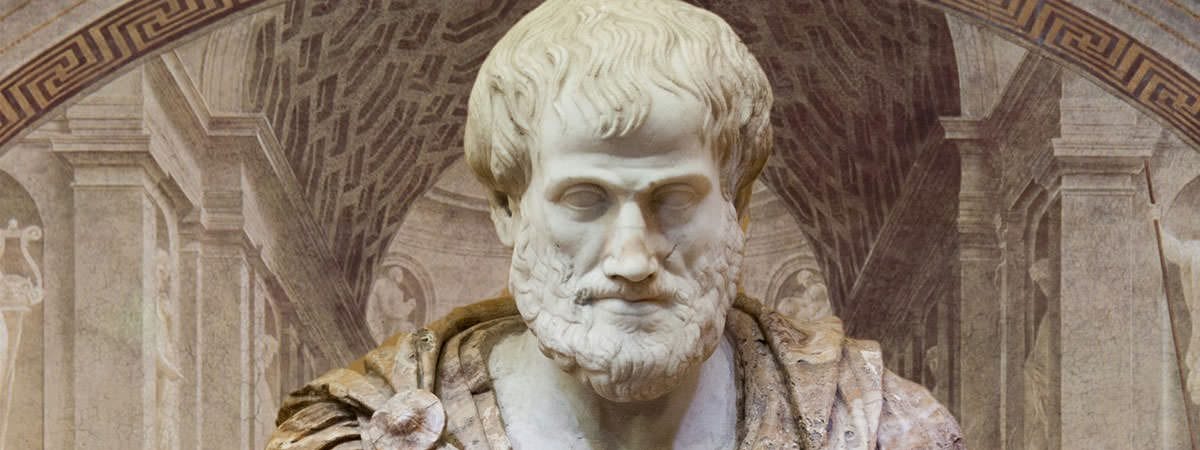Let’s Not Trade Wisdom for Wikipedia
The pursuit of wisdom is not a relic of a bygone era but a timeless endeavor that speaks to the deepest needs of the human soul.
The noble pursuit of wisdom, once regarded as the cornerstone of human flourishing, has been increasingly sidelined in recent decades. Today, the quest for deeper understanding and truth often struggles to compete with the pervasive distractions of digital life. Schools, traditionally entrusted with cultivating wisdom, are now caught in a web of competing priorities, from standardized testing to technology-driven curricula. Yet, the timeless value of wisdom remains as vital as ever, offering a path to meaning, virtue, and a life well-lived.
Once upon a time, wisdom was the lodestar by which societies navigated the complexities of human existence, a synthesis of knowledge tempered by humility, discernment, and a commitment to the good. But what is wisdom, precisely? Philosophers across ages and eras have sought to define it: Socrates’ paradoxical acknowledgment of his ignorance, Aristotle’s practical and theoretical virtues, the Stoics’ pursuit of rational harmony with nature. Wisdom, in essence, transcends mere information or technical expertise; it is the capacity to see the interconnectedness of life, to judge rightly, and to act justly in accordance with the highest goods.
The cultivation of wisdom has traditionally been rooted in education. Classical models of learning, such as the Trivium and Quadrivium, focused not merely on vocational skills but on forming the character and intellect of students as people. The Trivium—grammar, logic, rhetoric—shaped the mind to engage with language and reason, while the Quadrivium—arithmetic, geometry, music, and astronomy—connected the individual to the cosmos. These disciplines were not ends in themselves but means to develop the virtues necessary for wise living.
Wisdom was further nurtured through engagement with great texts and ideas, which served as conduits of tradition and moral reflection. Schools and universities were seen as guardians of this heritage, offering students the tools to wrestle with perennial questions:
What is the good life?
What is justice?
What is the nature of truth?
The humanities, especially, played a central role in this endeavor, inviting students into a dialogue with the thinkers and artists of the past.
Yet, in the contemporary educational landscape, the emphasis has shifted dramatically. Schools increasingly prioritize measurable outcomes, technological proficiency, and allegedly marketable skills over the intangible qualities of character and wisdom. The rise of digital tools and platforms, while offering unprecedented access to information, has often come at the expense of depth and reflection. The omnipresence of notifications, the allure of social media, and the pressure to multitask fracture attention and diminish the capacity for sustained thought. The result is a generation more connected than ever yet understanding less than the generations that preceded them.
Wisdom acts as a compass in this pursuit, guiding individuals toward choices that align with their highest potential and the well-being of their communities. Without it, life risks devolving into a series of disconnected pursuits, driven by impulse rather than purpose.
This erosion of wisdom-oriented education has profound implications for human flourishing. To flourish is to thrive not only in material terms but in the realms of meaning, relationships, and moral integrity. Wisdom acts as a compass in this pursuit, guiding individuals toward choices that align with their highest potential and the well-being of their communities. Without it, life risks devolving into a series of disconnected pursuits, driven by impulse rather than purpose.
Reclaiming the noble pursuit of wisdom requires intentional effort to restore its place in education. This means resisting the allure of purely utilitarian approaches to learning and reasserting the value of the humanities, the arts, and philosophical inquiry. It means fostering environments where contemplation is not only permitted but encouraged. It means prioritizing relationships between students and mentors who model wise living and inspire others to do the same.
Moreover, schools must address the challenges posed by digital culture. This does not mean rejecting technology outright but using it judiciously, with an awareness of its potential to distract and distort. Digital literacy, if it must be taught in schools, should include not just technical skills but an understanding of how to navigate the digital world ethically and mindfully. Encouraging practices like Socratic dialogue and sustained engagement with complex texts can help counterbalance the shallowness of online interactions.
Ultimately, the pursuit of wisdom is not a relic of a bygone era but a timeless endeavor that speaks to the deepest needs of the human soul. It calls for a reintegration of knowledge and virtue, a harmony between intellect and spirit, and a commitment to the common good. In a world increasingly fragmented by noise and haste, wisdom offers a way to reclaim the wholeness of life, a path toward true flourishing for individuals and societies alike.
Michael S. Rose, a leader in the classical education movement, is author of The Art of Being Human (Angelico), Ugly As Sin and other books. His articles have appeared in dozens of publications including The Wall Street Journal, Epoch Times, New York Newsday, National Review, and The Dallas Morning News.





